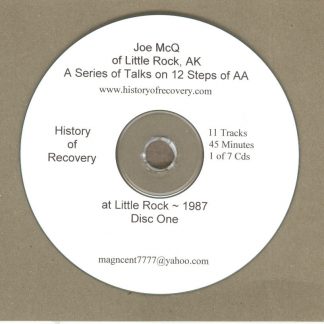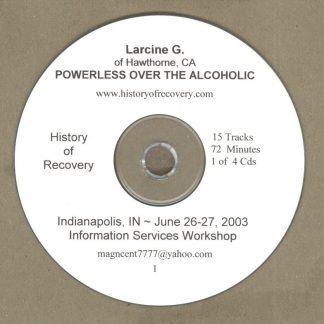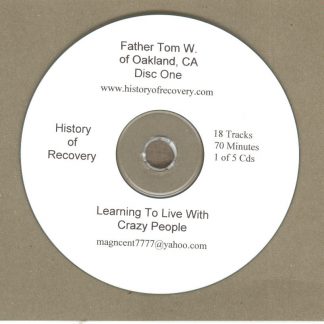Description
The roles of faith, belief and spirituality in Heroin Anonymous are covered, but mostly this book is about behavior motivating beliefs, like those of the Cognitive Model.
The beliefs of using heroin addicts about their addiction, their life and heroin are what keeps them using. These beliefs are shaped by the addict?s mental obsession which excuses and justifies using at every turn. Obsessions of every kind function by excusing and justifying aberrant behavior.
Loss of faith in these excuses and justifications coupled with a crisis situation and the availability sobriety knowledge enables the heroin addict to see clearly and get sober. The addict gets sober by believing in abstinence as the solution and active participation in the Heroin Anonymous as the method.
Created and driven by the addicts will to live, sober beliefs get and keep the addict sober. The personality and character shaping role of a Higher Power in 12 Step Recovery is explained. The adaptability of non-theistic faiths, such as Buddhist Meditation, is discussed. Freedom of belief is explained, including the freedom to be an atheist and participate in HA.
Cognitive Behavior Therapy employs the cultivation of rational beliefs. This books explanation of how beliefs are formed, within the human personality, adds much to the understanding of Cognitive Science.
Faith and belief are defined and expanded on and the traditional religious connotations that monopolize these powerful psychological words are challenged. Use of faith and belief as terms of cognitive science is encouraged.
The concept of Faiths Plural is introduced. Faiths Plural is the idea that several forms of faith acting in synergy get and keep addicts sober. For example faith in the HA program and faith in ones decision to stay sober together with other forms of faith create the belief structure within the personality of the addict that motivates lasting meaningful sobriety




